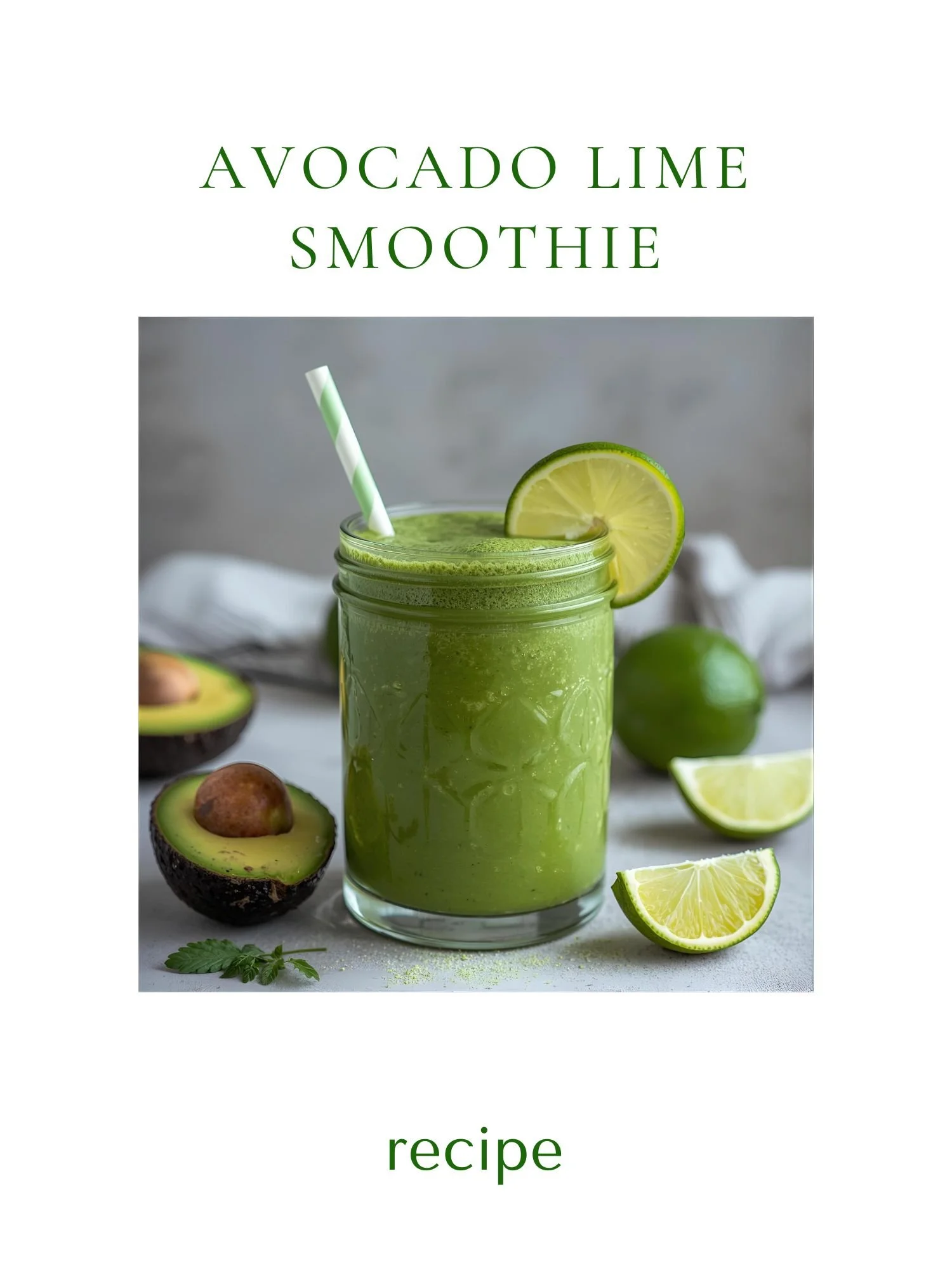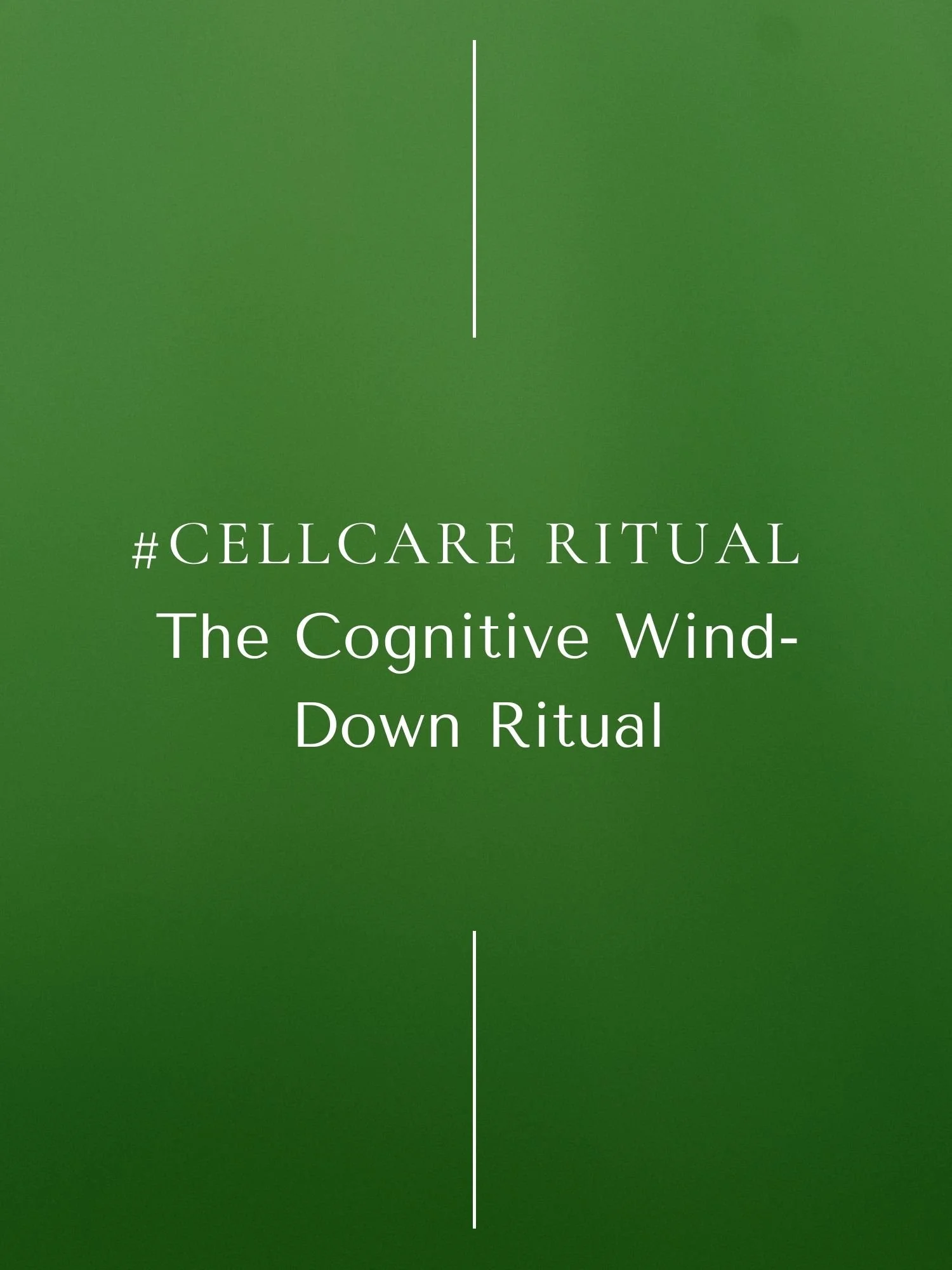Is it Safe to Eat Food that Has Been Sprayed with Pesticides?
This is likely a controversial topic, but it is an important topic to be discussed. As you all know, I have been a vegan for quite a number of years. My goal was to optimize my health and implement changes that are stainable for our planet, people and animals. With this, I have learned so much about what constitutes health and how we can prevent disease. Many might think that they are predisposed to disease because of genetics, but that is simply not true. We have greater control and impact on our health than we know and we tend to give away all that power the people who sell us their products. With that in mind, let’s start the conversation about what we put into our body on a daily basis. FOOD! In fact, we can't live without it, and there is a lot to enjoy in it, but is our food serving us well?
DO PESTICIDES CAUSES HARM TO MY BODY AND IF SO, WHY ARE THEY EVEN ALLOWED?
Pesticides can cause both short-term and long-term effects and our children are the most vulnerable. Short-term effects may include nausea, dizziness, diarrhea, rashes, flu-like symptoms, and irritated eyes. In contrast, more prolonged timer effects can consist of cancer, reproductive heart, neurological and developmental toxicity, immunotoxicity, birth defects, and disruption of our endocrine system. Now let’s not forget about our furry family, it can also affect them.
Yes, it affects our pets. I have a new 5-month-old puppy and while I can protect her inside my house, the outside world is very different. The lawn service people are constantly at the different neighbor’s houses, spraying away the weeds, and fertilizing the lawn so it looks green and fresh for the homeowner. Well, since I have started taking the puppy for walks, she is sniffing the grass, rolling around in it as dogs do, and well, vomiting clear fluid upon return. Yes, those toxins act fast on these 5 pounds of fur! So now imagine what years of exposure could do?
Now why should you care? Well even though pesticides are sprayed on land, they make their way into our water sources, ponds, rivers, lakes, and oceans, disrupting our entire ecosystem. They can even end up in our groundwater through a process called leeching, which is concerning for individuals who depend on that ground water a source.
ARTICLE CONTINUES BELOW
WOW! THAT IS A WHOLE LOT OF HEALTH ISSUES!
Since pesticides have been linked to cancer, and I am a cancer specialist who has diagnosed hundreds of thousands of cancers, I feel it is important to share the facts.
WHICH CANCERS HAVE PESTICIDES BEEN LINKED TO?
Brain cancer
Breast cancer
Prostate cancer
Testicular cancer
Ovarian cancer
Leukemia/lymphoma
WHAT KIND OF REPRODUCTIVE HARM IS SEEN WITH PESTICIDE EXPOSURE?
Birth defects
Still birth
Spontaneous abortion
Sterility/infertility
DO PESTICIDES AFFECT MENTAL AND BRAIN HEALTH?
Pesticides have been linked to depression, ADHD, autism, ALS, Alzheimers and Parkinsons disease.
FOR MY HEALTH, WHAT ARE THE PESTICIDES I SHOULD BE CONCERNED ABOUT?
There is a combination of insecticides (pest killers), herbicides (weed killers), rodenticides (rodent killers), and fungicides (fungus killers) that are used to control any organisms that may invades or damage crops. The classes of synthetic pesticides include:
Organophosphates/carbamates: Interfere with nerve signal transmission and attack the brain and nervous system
Fumigants: These include methyl bromide and metal sodium which can cause damage to the tissue they touch, resulting in burning/itching of the skin and eyes and even respiratory irritation
Organochlorines (DDT): These are central nervous system stimulants that can cause tremors, hyperexcitability and seizures. The problem with these are they remain in the environment and can pass up our food chain, so much so that they have been found in breast milk
Pyrethroids: They are the least toxic, but what does that actually mean when they are a known carcinogen.
Glyphosate: aka Roundup, used i genetically modified crops
CAN PESTICIDES BE ENDOCRINE DISRUPTORS AND IMBALANCE MY HORMONES?
Endocrine disruptors are chemicals that act by interfering with the biosynthesis, secretion, action, or metabolism of naturally occurring hormones. Our wastewater treatment plants are not designed to remove these chemicals, so these products and their metabolites remain in what we put back into our water systems. Because we don’t yet understand their environmental fate, transport, or impacts well enough to determine water quality standards, EDCs go unregulated. Since there are no regulations, one of the most effective ways to reduce their presence is by reducing personal use of products containing EDCs.
WHAT HAPPENS TO PESTICIDES INSIDE MY BODY?
Well pesticides get sores in the colon, so when you reach for that non-organic fruit or vegetable, you accumulate over 30 possible different pesticides that may have been sprayed on it. Even if you wash the food, some pesticides can remain. So that raises the questions, what if I cannot afford organic food and which foods should I be concerned about? The Environmental Working Group publishes the Shopper’s Guide to Pesticides in Produce with its list of the Clean Fifteen™ and the Dirty Dozen™ annually. The Clean 15 list shows the fruits and vegetables with the lowest pesticide residue that you can get away with buy non organic, while the Dirty Dozen list tells you which foods you really should eat organic, or just avoid if you cannot find them organic.
There are several organizations like the World Health Organization, US Department of Agriculture, US Food and Drug Administration, and European Food Safety Authority that use as LOAEL (lowest observed adverse effect level) to address safety. However, there is some criticism regarding this, as we can determine the chronic health effects of pesticides to establish safe limits, since pesticide accumulation occurs over time.
SO HOW CAN I REDUCE RESIDUAL PESTICIDES ON MY FRUITS AND VEGETABLES?
The best way to reduce your exposure to pesticides is to buy USDA Organic, which is grown without the use of synthetic pesticides. An option if you do not have access is to check your freezer section for frozen organic produce which is also cost effect, frozen at its peak and easy to incorporate. Here are 5 options to clean your produce at home.
1. Saltwater soak —> Research suggests that soaking fruits and vegetables in a 10 percent saltwater solution for 20 minutes gets rid of most of the residues from the four most common pesticides. This is the one I usually do as I am washing my salad greens.
2. Vinegar soak —> Vinegar is another way to remove residues from fruits and vegetables. You can make a solution of 4-parts water to 1-part vinegar and soak for about 20 minutes. Vinegar can also remove many types of bacteria that may be found on food as well.
3. Baking soda soak —> Recent research shows us an additional option which may include submerging your produce in one teaspoon of baking soda with two cups of water for at least 5 minutes. The longer you soak, the more chemicals will come off. Then since again in tap water before eating.
4. Cold water wash —> Researchers at the Connecticut Agricultural Experiment Station found that rinsing produce under cold water was able to reduce pesticide residues for 9 out of 12 pesticides tested.
5. Peel the skin —> Consider peeling the skin off, however, remember you will lose some of the nutritional benefits.
Using store bough vegetable cleaners have been shown to be no more effective than soaking in regular water. So, save your money for where it counts.
You may also consider trying to grow your own. I have become a hydroponic farmer (which means I don’t need to get my hands dirty) and grow all my greens, plus you can grow micro greens right on your kitchen counter. Feel free to always reach to learn more and until then, stay well!
MAKE A DIFFERENCE BY SHARING THIS ARTICLE WITH OTHERS TO ENCOURAGE WELLBEING ⤵
REFERENCES:
Samanic CM, De Roos AJ, Stewart PA, Rajaraman P, Waters MA, Inskip PD. Occupational exposure to pesticides and risk of adult brain tumors. Am J Epidemiol. 2008 Apr 15;167(8):976-85.
Brody JG, Aschengrau A, McKelvey W, Rudel RA, Swartz CH, Kennedy T. Breast cancer risk and historical exposure to pesticides from wide-area applications assessed with GIS. Environ Health Perspect. 2004 Jun;112(8):889-97.
Ragin C, Davis-Reyes B, Tadesse H, Daniels D, Bunker CH, Jackson M, Ferguson TS, Patrick AL, Tulloch-Reid MK, Taioli E. Farming, reported pesticide use, and prostate cancer. Am J Mens Health. 2013 Mar;7(2):102-9.
Gore AC, Chappell VA, Fenton SE, Flaws JA, Nadal A, Prins GS, Toppari J, Zoeller RT. EDC-2: The Endocrine Society's Second Scientific Statement on Endocrine-Disrupting Chemicals. Endocr Rev. 2015 Dec;36(6):E1-E150.
Luo D, Zhou T, Tao Y, Feng Y, Shen X, Mei S. Exposure to organochlorine pesticides and non-Hodgkin lymphoma: a meta-analysis of observational studies. Sci Rep. 2016 May 17;6:25768.
Bouchard MF, Bellinger DC, Wright RO, Weisskopf MG. Attention-deficit/hyperactivity disorder and urinary metabolites of organophosphate pesticides. Pediatrics. 2010 Jun;125(6):e1270-7.
Kalkbrenner AE, Schmidt RJ, Penlesky AC. Environmental chemical exposures and autism spectrum disorders: a review of the epidemiological evidence. Curr Probl Pediatr Adolesc Health Care. 2014 Nov;44(10):277-318.
The information on this website has not been evaluated by the Food & Drug Administration or any other medical body. We do not aim to diagnose, treat, cure or prevent any illness or disease. Information is shared for educational purposes only. You must consult your doctor before acting on any content on this website, especially if you are pregnant, nursing, taking medication, or have a medical condition. Our content may include products that have been independently chosen and recommended by Dr. Monisha Bhanote and our editors. We may earn a small commission if you purchase something mentioned in this article.
YOU MAY ALSO LIKE:
by Dr. Monisha Bhanote
✅ EVIDENCE-INFORMED REVIEWED ARTICLE












